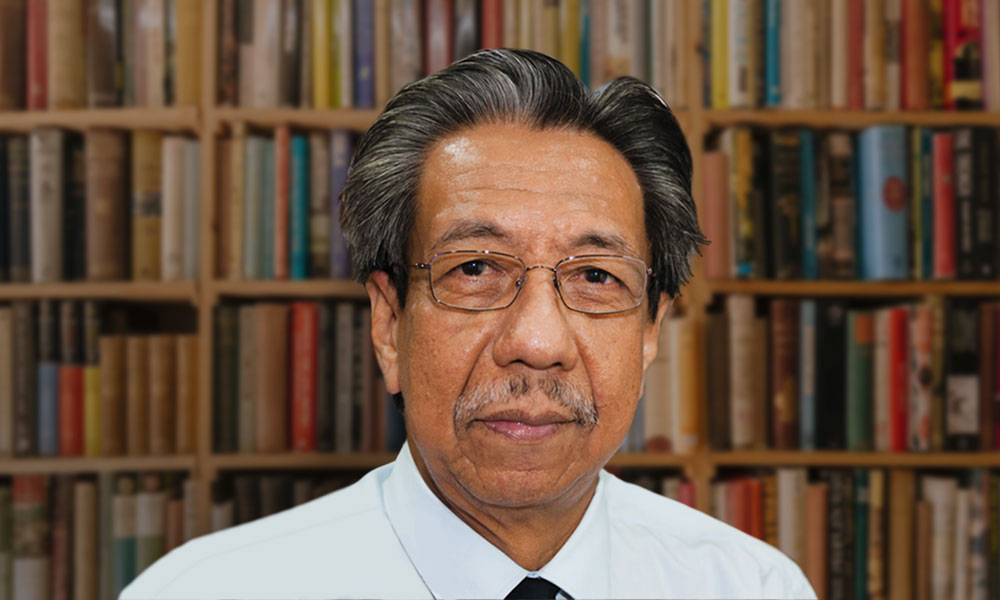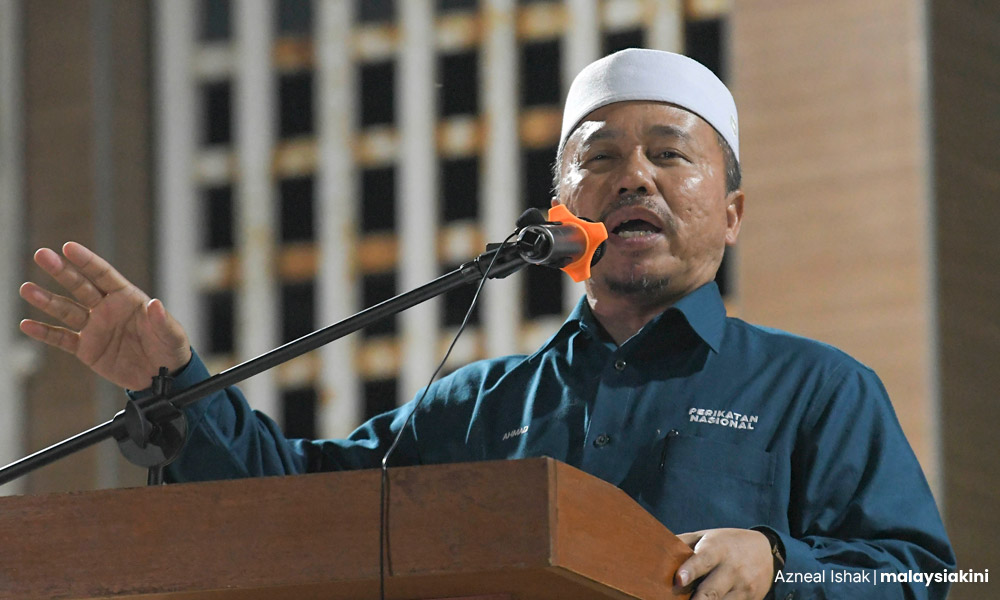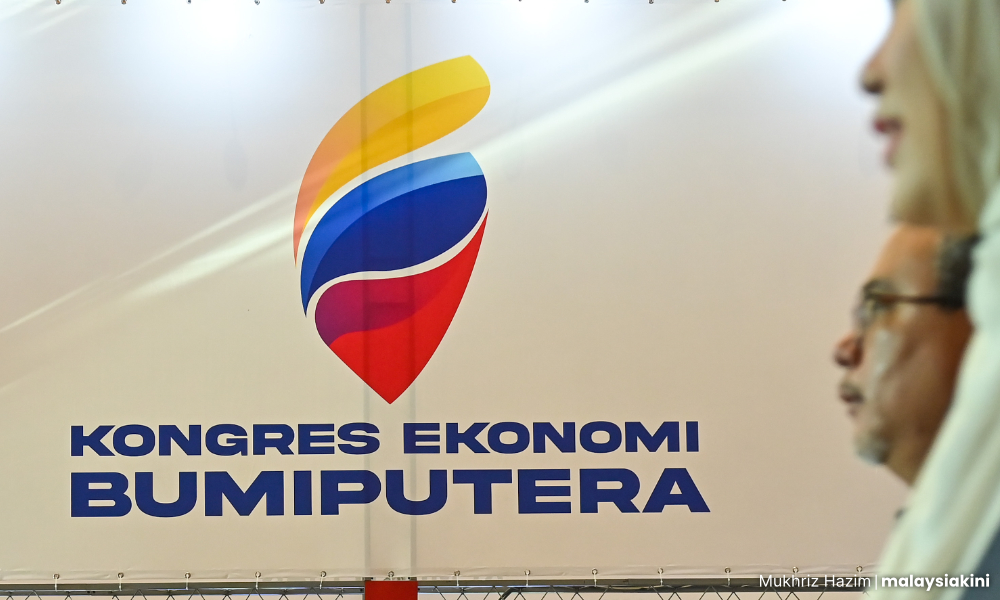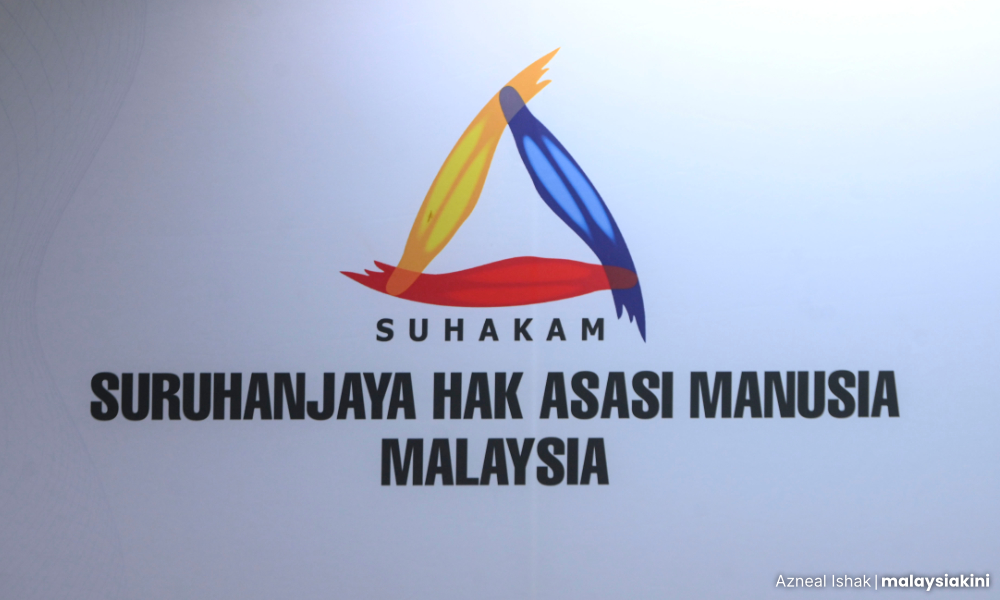The International Day for the Elimination of Racial Discrimination was established in 1966 by the United Nations General Assembly (Unga).
It is observed annually on March 21 and serves as a vital reminder of our collective responsibility to combat racism, promote tolerance, and strive for a more equitable world.
The Universal Declaration of Human Rights (UDHR) is a milestone document in the history of human rights. Adopted by the Unga in 1948, it states that everyone is entitled to fundamental rights and freedoms without distinction of any kind, regardless of race, colour, religion, language, national or social origin, political, or other statuses.
One of the key principles of the UDHR is the rejection of any doctrine of racial superiority. The general assembly also emphasised that any doctrine of racial superiority is scientifically false, morally condemnable, socially unjust and dangerous, and must be rejected, together with theories that attempt to determine the existence of separate human races.
Despite the principles enshrined in the UDHR, the rise of xenophobia, racism, racial discrimination, and intolerance in our nation is very alarming.
Today, racism is a pervasive and persistent problem that continues to plague our nation in the form of discrimination, division, distrust, intolerance, and hate.
Racial and religious intolerance continues to rear its ugly head in Malaysia, with recent acts further exacerbating tensions and divisions within society.
These acts not only showcase the ignorance and insensitivity of certain individuals but also highlight the need for greater understanding and respect for diversity in the country.
Acts of racial, religious intolerance
Act 1: Challenging the Federal Constitution and the Federal Court decision regarding the constitutionality of vernacular schools.
Individuals like Professor Teo Kok Seong have made irresponsible, provocative, and inflammatory statements, claiming that vernacular schools are the “breeding ground for intolerance in the country, a phenomenon that leads to national disunity.”
This assertion is not only baseless but also hypocritical, as it fails to address the true causes of disunity in Malaysia, such as segregation within the people based on their race and religion, discrimination, double standard policies, fanaticism, and extremism.
Is Teo going to question, in the context, the existence of certain institutions which cater to specific racial or religious groups as well?

Like so many other articles which are enshrined under the Federal Constitution and to be respected, so is Article 152.
Vernacular schools have been part of Malaysia’s education system for decades and play a crucial role in preserving the cultural and linguistic heritage of various communities.
Act 2: A preposterous suggestion at the Dewan Rakyat by Pulai MP Suhaizan Kaiat affecting Muslims working at premises selling or serving alcoholic beverages.
If Suhaizan claims that it is sensitive for Muslims to handle alcoholic beverages, it raises questions about the sensitivity of non-Muslims in similar situations, such as Hindus, Sikhs, and Buddhists who work at places which require them to serve or handle beef.
May I ask Suhaizan, are Hindus, Sikhs, and Buddhists less sensitive compared to Muslims, or does their sensitivity not matter at all?
Suhaizan’s suggestion fails to recognise the diversity of Malaysia’s workforce and the need for mutual respect and understanding among different religious groups. Individuals need to respect the beliefs and practices of others while also upholding the principles of professionalism and inclusivity in the workplace.
Act 3: The recent statement by Education Minister Fadhlina Sidek regarding the full opening and operation of school canteens during the month of Ramadan has sparked controversy, with PAS wing leader Ahmad Yahaya criticising it as disrespectful, unnecessary, and polemic.
However, it is important to educate Ahmad and others who share his views that such a statement from the minister is not only relevant but also necessary to ensure the well-being and rights of all students.

In many instances, non-Muslim pupils have been deprived of their meals in the school canteen during the month of Ramadan as reported.
This has led to cases where students were forced to eat in toilets or away from the school compound and were even prohibited from drinking water in the school area.
This kind of discrimination is not only unfair but also goes against the principles of inclusivity and equality in education.
Furthermore, the issue extends beyond just school pupils. University students have also faced similar challenges during the fasting month of Ramadan, with food not being available on the entire campus.
This forces students to travel long distances outside of the campus just to find food, which not only causes inconvenience but also poses a safety risk to the students themselves.
It is important to recognise that ensuring the full opening and operation of school canteens during Ramadan is not about disrespecting or disregarding the religious practices of Muslims.
It is about upholding the rights of all students, regardless of their religious beliefs, to access necessities such as food and water during school hours. It is about promoting a culture of inclusivity and respect for diversity within our education system.
We need to move away from divisive and discriminatory practices and work towards creating a more inclusive and equitable education system for all.
Act 4: The Bumiputera Economic Congress held on Feb 29 aimed to raise the socio-economic status of bumiputeras in Malaysia.
However, the event faced criticism as it is a race-based affirmative action that promotes bumiputera quotas in various sectors such as education, employment, welfare assistance, and government procurements.

It is essential to consider whether such measures are truly beneficial for the overall development of the nation.
One of the main arguments against race-based affirmative action is that it perpetuates inequality and discrimination. Giving preferential treatment to a specific ethnic group creates a sense of unfairness among other communities being marginalised and excluded.
This can lead to resentment and division within society, ultimately hindering the country’s progress towards unity and harmony.
It would be more appropriate to address the underlying issues of poverty, lack of access to quality education, and limited economic opportunities that affect all Malaysians, regardless of their ethnicity.
Instead of focusing on race-based policies, it would be more pertinent to address these systemic issues through inclusive and equitable measures that benefit all citizens.
Act 5: The banning of international celebrities and artists from performing in Malaysia due to strict dress codes and appearance guidelines is a clear example of how religion is being used to restrict freedom and creativity.
These mega concerts would have brought in revenue and boosted the tourism industry, but instead, they are being shut down in the name of cultural and religious sensitivity.
This not only limits the entertainment options for the people of Malaysia but also sends a message to the international community that Malaysia is not open to diverse cultural expressions.

Act 6: The strict rules and guidelines imposed on holidaymakers in destinations like Langkawi have caused a decline in tourism and economic activity.
Tourists are choosing to visit Thailand instead of Malaysia because of the lack of entertainment and night activities due to these restrictions.
This has led to businesses shutting down such as food operators, car rental owners, and chalets or motels as reported by the news media, and the once vibrant island is becoming a ghost town. The economic impact of these restrictions is clear, yet they continue to be enforced in the name of religious conservatism.
Malaysia a failed state?
Malaysia, once known for its diverse culture and vibrant economy, is now facing a crisis of identity and economic decline due to the misuse of religion as a political tool.
Using religion as a political tool to gain power and control is not only unethical but also detrimental to the progress and development of a nation.
Malaysia is at risk of becoming a failed state if it continues down this path of religious intolerance and extremism. Religious beliefs are supposed to be followed in accordance with one’s religious teachings and not by interfering and imposing them on others and restricting their freedom and ways.
It’s truly saddening to see that the country seems to be controlled by religious clerics who are leading Malaysia to conservatism. For economic growth and development, religious participation and beliefs should not be an interference or hindrance towards the success of the nation.
Today, NGOs and netizens are deeply concerned and increasingly disturbed over the level of racial and religious intolerance which is morphing into a threat to national unity and harmony by extremist and conservative thinking groups pushing the country back to the stone age, causing further impact on the country’s economy.
The impact on our economy, the rise in the cost of living, the increase in basic food items, the fall of the ringgit, and the country’s staggering debt of RM1.5 trillion are all signs of a struggling economy that is being held back by religious interference.
In conclusion, acts of racial and religious intolerance in Malaysia continue to pose a threat to social harmony and unity.
National unity is a crucial aspect of any country’s development and progress but in Malaysia, national disunity is a significant issue that hinders growth and prosperity.
The future of Malaysia depends on the ability to embrace diversity and promote economic growth without sacrificing cultural and religious freedoms. It is time to put an end to the religious extremism that is threatening the unity and harmony of the nation.
Malaysia and the UN declaration
I would like to remind, as Malaysia is part of the United Nations Human Rights Council (UNHRC) for the term of 2022–2024, being elected on Oct 15, 2021, Malaysia is obliged to uphold the 30 articles as enshrined under the United Nations’ UDHR, mainly on:
Article 1 - All humans are born free and equal in dignity and rights.
Article 2 - Everyone is entitled to all the rights and freedoms set forth in this Declaration without distinction of any kind, such as race, colour, sex, language, religion, political or other opinion, national or social origin, property, birth, or other status.
Article 7 - All are equal before the law and are entitled without any discrimination to equal protection of the law. All are entitled to equal protection against any discrimination in violation of this Declaration and against any incitement to such discrimination.
Article 18 - Everyone has the right to freedom of thoughts, conscience and religion; this right includes freedom to change his religion or belief, and freedom either alone or in community with others and in public or private, to manifest his religion or belief in teaching, practice, worship, and observance.
Unfortunately, none of these is being applied by the government of Malaysia or upheld by Suhakam or the National Unity Ministry, which reveals the hypocrisy of Malaysia undersigning the declaration.

Inactive Suhakam and National Unity Ministry
In this regard, GHRF wishes to register its greatest disappointment towards Suhakam and the National Unity Ministry for their ignorance and lackadaisical attitude against racism, fanaticism, and extremism in Malaysia.
The three main objectives of the ministry are to strengthen unity and national integration based on the Federal Constitution and the Rukun Negara, “to form a national identity with character, patriotism, consideration, tolerance, mutual respect, and responsibility, as well as producing Malaysians who appreciate and foster unity”.
Have these principles ever been upheld and put into any form of action or measures taken by the ministry to fight against racial and religious intolerance which are rapidly growing in this nation?
Likewise, Suhakam carries out functions which include the promotion and protection of human rights as defined in Part II of the Federal Constitution, as well as is guided by the UDHR, as allowed by Act 597.
Suhakam is of the view that all religions demand justice, equality, and dignity, which also form the cornerstones of the Federal Constitution of Malaysia as well as international human rights standards.
NGOs and the public are noting the total inefficiency and inactivity of Suhakam in speaking up and addressing issues of injustice, double standard policies, and religious persecution impacting non-Muslims or minorities in the country.
GHRF’s ultimate objective is to uphold the Federal Constitution as well as the principles of Rukun Negara, parliamentary democracy, rule of law, and equality without discrimination or hints of apartheid.
GHRF deems that enforcing and abiding by the 30 basic human rights list as enriched by the UDHR is non-negotiable. - Mkini
S SHASHI KUMAR is the founder and president of the Global Human Rights Federation (GHRF) which focuses on human rights violations against minorities.
The views expressed here are those of the author/contributor and do not necessarily represent the views of MMKtT.




No comments:
Post a Comment
Note: Only a member of this blog may post a comment.